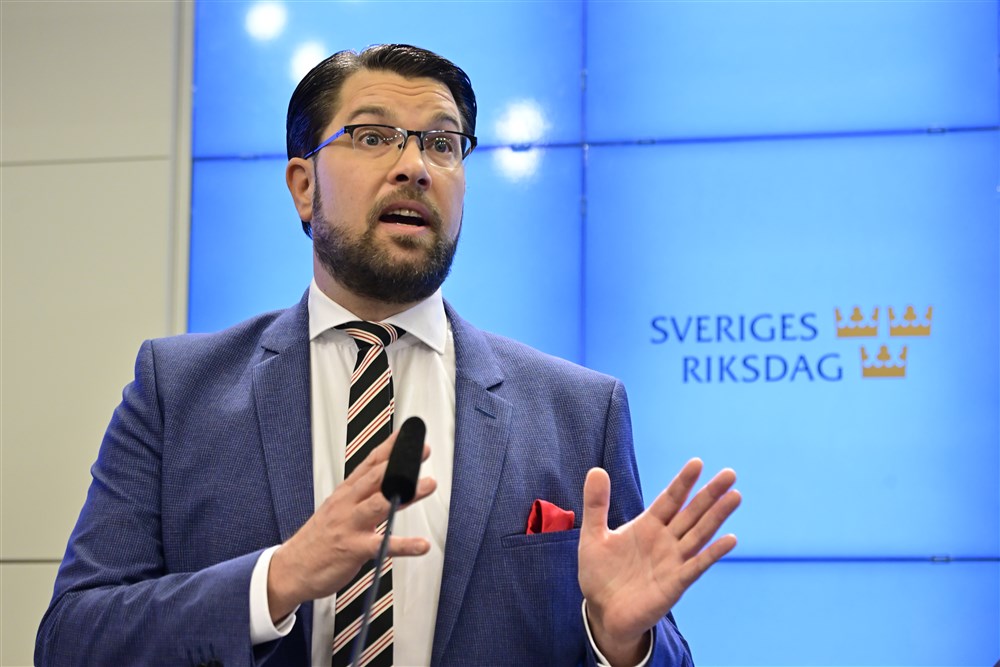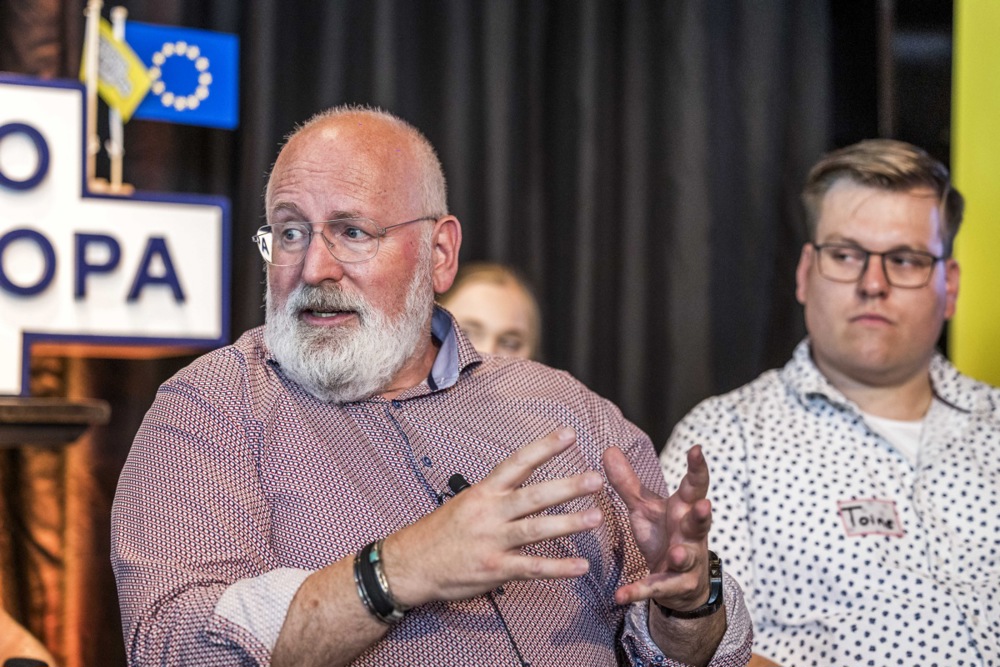The European Commission has suspended funding for a Turkish organisation that was part of the Erasmus+ programme over its views on women, Europe and terror.
The group, called “Yavuz Sultan Selim”, states officially that it “fights against Islamophobia”.
It is the youth branch of İsmailağa, a spiritual Islamic organisation that supports Turkish President Recep Erdoğan.
İsmailağa was among organisations advocating for Turkey to leave the 2011 Istanbul Convention, the Council of Europe human rights treaty opposing violence against women and domestic violence.
The EC granted the organisation €31,455 “for Erasmus+ youth participation activities to enable young people to experience cultural and social exchanges and actions”. The project consisted of workshops for young women and men on online discrimination against Muslims.
That grant prompted MEPs from the Identity and Democracy group to ask the EC about the funding in a written question on April 4.
They pointed out that Yavuz Sultan Selim has close ties to the Taliban, considers Germany to be an Islamic country and thinks a woman “needs to obey her master”.
Belgian ID representative Filip De Man told Brussels Signal: “Supervision of the Commission’s actions seems necessary. For us, it is unacceptable that EU funds are allocated to individuals serving fundamentally opposing interests. There will be further follow-up questions regarding the handling and reimbursement.”
Following the bloody murder of history professor Samuel Paty in October 2020, who was beheaded after showing drawings of the Prophet to teenagers, Yavuz Sultan Selim stated that Turkey “will protect the honour of Islam from such insulting and immoral attitudes” – the immoral attitudes being the drawings, not the beheading – and that Europe was an “enemy of Islam”.
In light of such, the MEP’s quizzed the EC over how it could justify bankrolling the group.
In reply, Vice-President of the EC Margaritis Schinas, effectively admitted it could not. “The Commission attaches importance to ensuring that beneficiaries of EU funds respect the Union’s values as enshrined in the Treaty on European Union and the Charter of Fundamental Rights of the European Union,” he said.
“A number of recent cases have highlighted the risk of national and/or European funding falling into the wrong hands.”
The EC pointed out that the Turkish National Agency selected the project run by Yavuz Sultan Selim according to the procedures of the Erasmus+ programme and that the activities ended on May 31, 2023.
Schinas’ answer concludes: “The Commission has already suspended payment to this project and has launched procedures for the recovery of funds already disbursed.”
An EC spokesperson told Brussels Signal it “does not fund projects that pursue an illegal or extremist agenda or do not fully respect fundamental rights and values”.
“The Commission attaches great importance to ensuring that beneficiaries of EU funding commit to the respect of basic EU values,” the spokesperson said.
“In this specific case, the Commission has been looking into the allegations put forward and has been in contact with the Turkish National Agency over the past months.”
The EC also stated that the Erasmus+ programme is mainly implemented through indirect management, meaning that the EC entrusts budget implementation tasks to national agencies.
They are responsible for administering a “fair and transparent selection process for project applications to be funded in their country and for applying equivalent rules and procedures to those of the Commission for their grant award procedures”.





